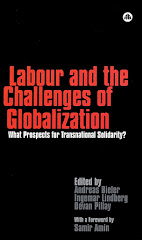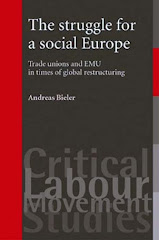In June
2019, the University and College Union (UCU) released a report, Counting the costs of casualisation in higher education.
It details the increasing precarity of work in the HE sector, and vividly lays
bare the prevalent use of “atypical” employment/engagement practices by UK
universities. Of note is the report’s observation of the widespread use of
casual worker arrangements and the role of doctoral research students within
this landscape:
“Many
[atypical academics] are PhD students, teaching during their studies, dependent
on their teaching earnings to fund their studies. Many are also contracted as
‘casual workers’, a form of zero hours contract that means that they are paid
by the assignment, like temps, and have fewer employment rights. Prominent
universities that use casual worker status include UCL, Warwick, Birmingham,
and Nottingham among others.” In this guest post, Robert Stenson outlines his experience as a ‘casual worker’ at
Nottingham University.













